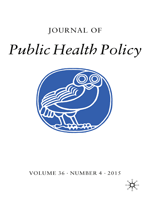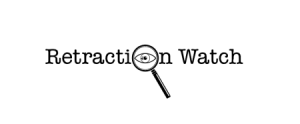 We recently obtained court documents showing that, in September, a judge dismissed a lawsuit filed by cancer researcher Fazlul Sarkar against the University of Mississippi after it rescinded a job offer after reviewing concerns raised about his research on PubPeer.
We recently obtained court documents showing that, in September, a judge dismissed a lawsuit filed by cancer researcher Fazlul Sarkar against the University of Mississippi after it rescinded a job offer after reviewing concerns raised about his research on PubPeer.
Sarkar’s connection to PubPeer will be familiar to many readers — he has also taken the site to court to force them to reveal the identity of the anonymous commenters who have questioned his findings. He has accused the commenters of defamation, arguing they cost him the job offer. Today, the American Civil Liberties Union filed a brief on behalf of PubPeer’s appeal of the court’s most recent ruling, that the site must disclose the identity of an anonymous commenter. At the same time, some heavy hitters in science – Bruce Alberts and Harold Varmus — and technology — Google and Twitter — filed briefs in support of the appeal.
The lawsuit against Ole Miss has brought to light the reasoning behind the school’s decision to rescind their offer to Sarkar — and the key role played by the concerns raised on PubPeer.
In a letter dated June 19, 2014 to Sarkar from Larry Walker, the director of the National Center for Natural Products Research at the University of Mississippi, Walker chides Sarkar for not revealing the extent of the ongoing questions over his research during the interview process:
Continue reading Lawsuit against Ole Miss for rescinded Sarkar job offer dismissed; briefs filed in PubPeer case
 Whenever we see someone step forward and admit their mistakes, along with a clear explanation so others can avoid the same, we applaud them.
Whenever we see someone step forward and admit their mistakes, along with a clear explanation so others can avoid the same, we applaud them.






